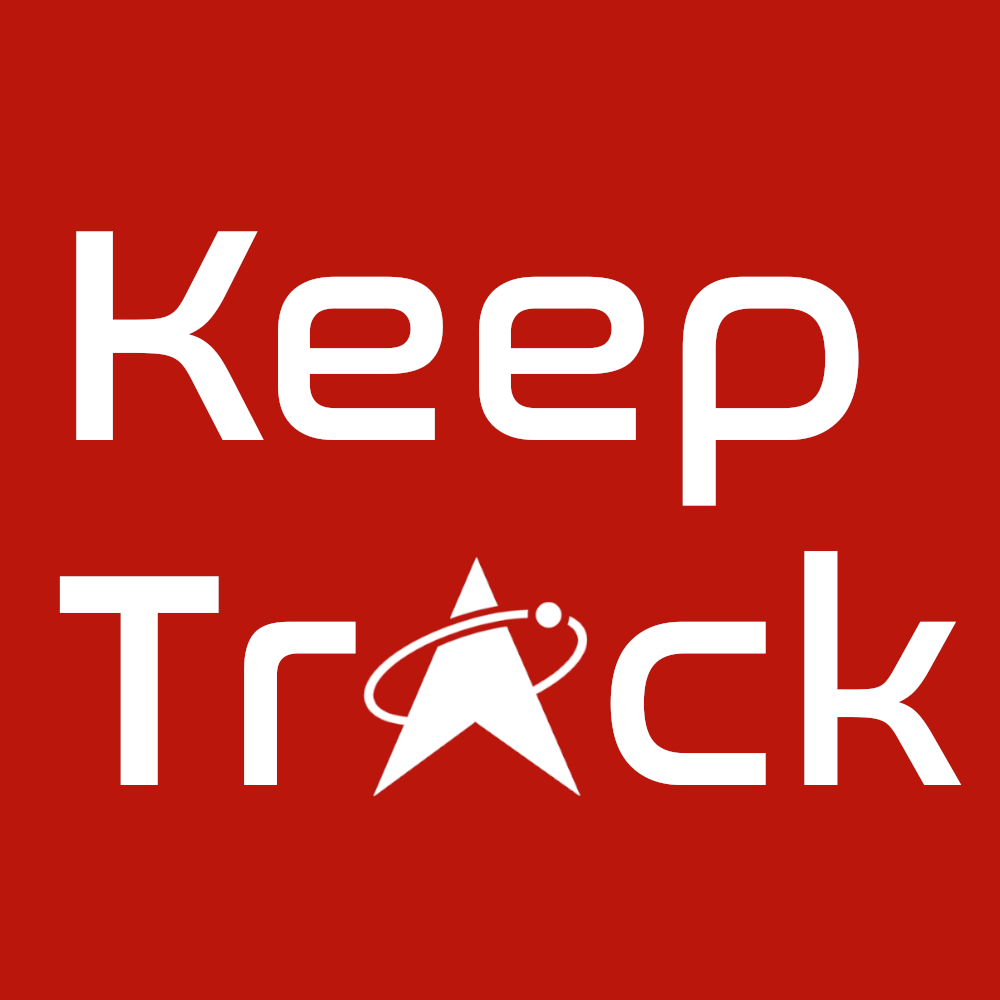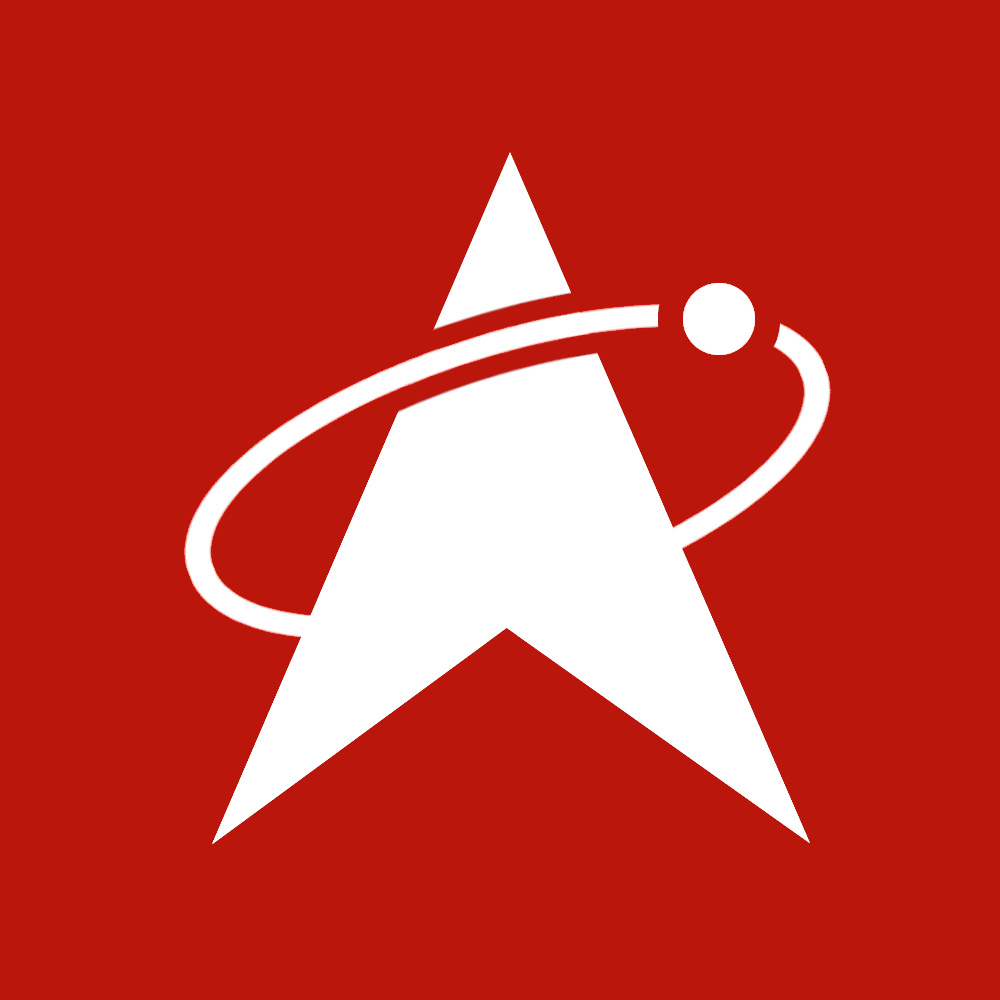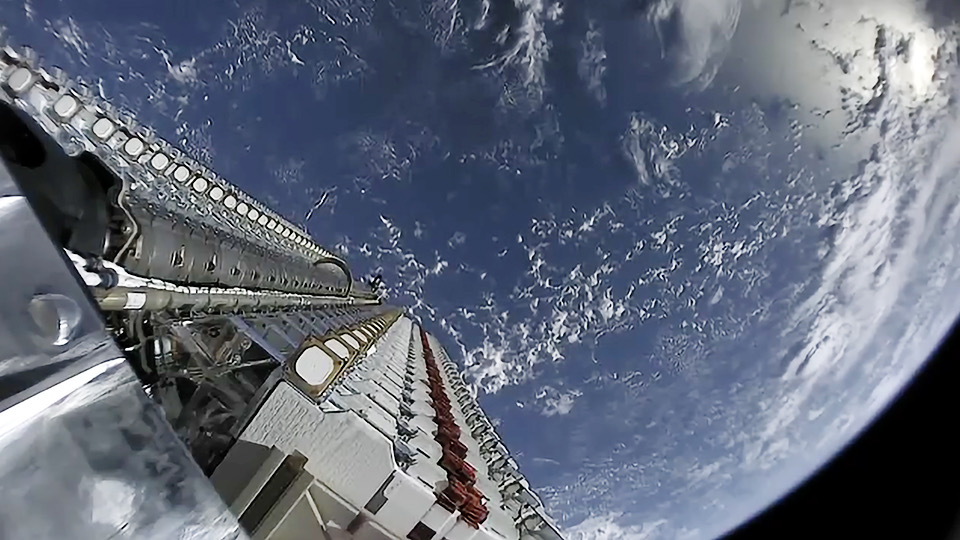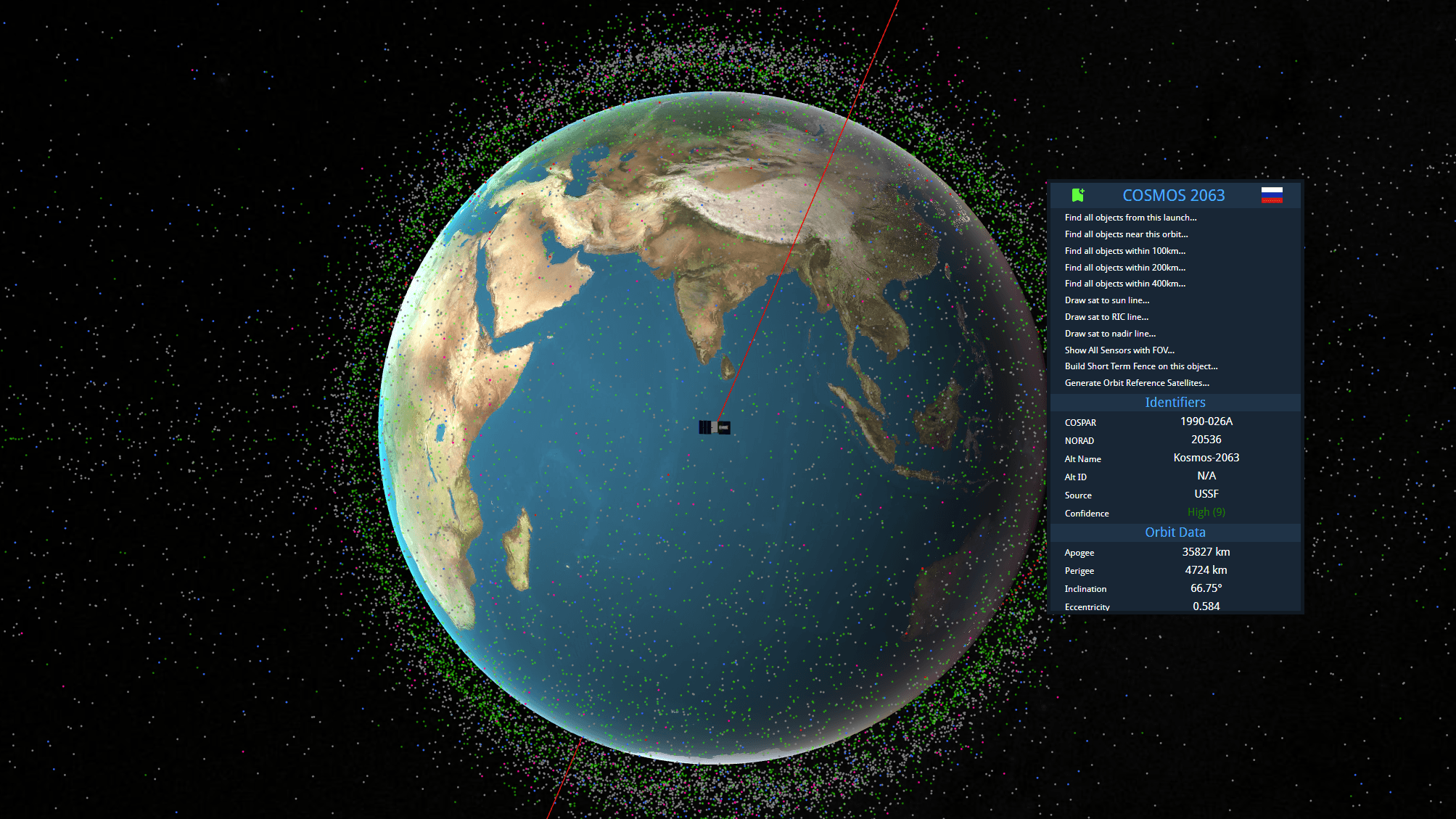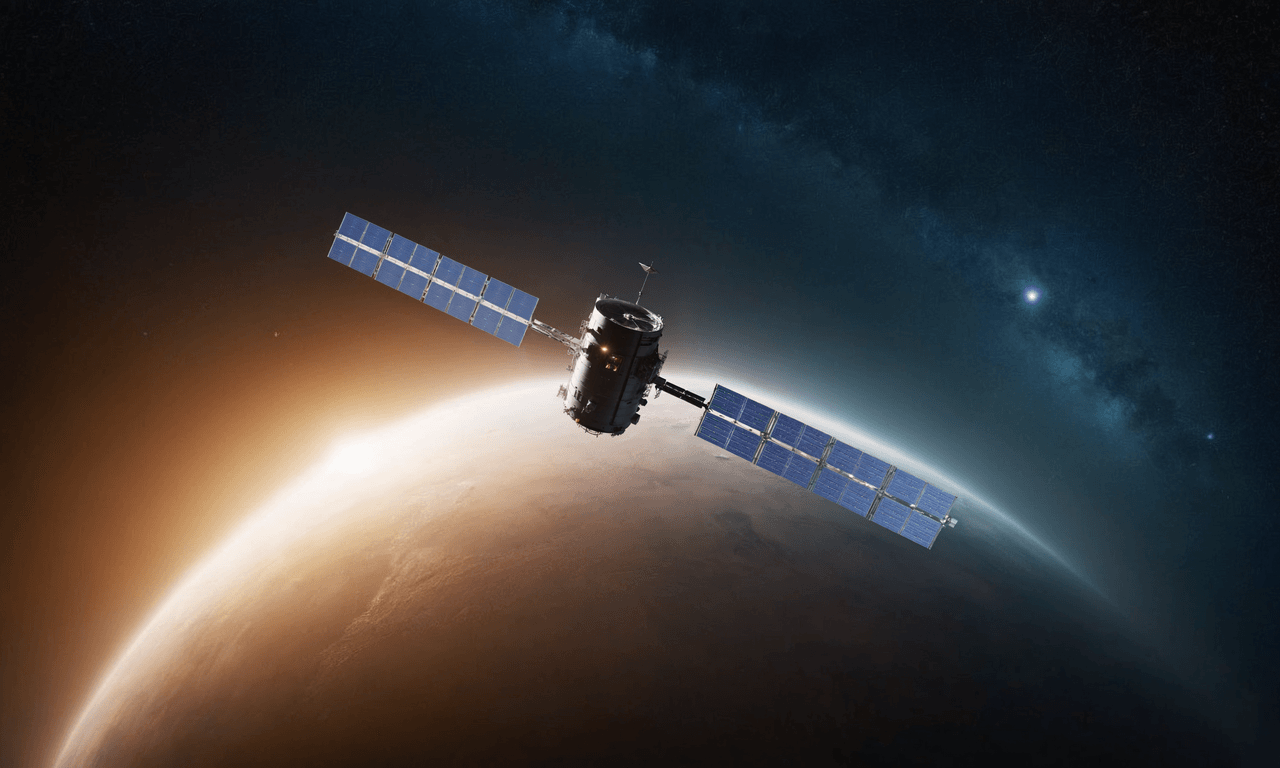· resources · 3 min read
CelesTrak.org
An in-depth look at CelesTrak, the leading non-profit provider of orbital element sets and collision assessment tools, trusted by space professionals worldwide.

In the rapidly evolving field of space operations, accurate and timely orbital data is crucial. CelesTrak, a non-profit organization founded and managed by Dr. T.S. Kelso, has established itself as one of the most trusted and widely used sources for orbital element sets outside of the United States Space Command (USSPACECOM) itself.
A Comprehensive Data Repository
CelesTrak offers an extensive array of orbital data and space situational awareness resources:
Two-Line Element Sets (TLEs): The cornerstone of CelesTrak’s offerings, TLEs provide essential orbital information for thousands of objects in Earth orbit. These include:
- Active satellites
- Defunct satellites
- Rocket bodies
- Space debris
Special Interest Satellites: CelesTrak maintains up-to-date data on:
- Recently launched objects
- Space stations
- Bright satellites visible to the naked eye
- Analyst satellites
- Debris from notable events (e.g., ASAT tests, satellite collisions)
Categorized Satellite Data: Organized sets for various satellite types:
- Weather and Earth resources satellites
- Communication satellites (including Starlink, OneWeb, Iridium)
- Navigation satellites (GPS, GLONASS, Galileo, BeiDou)
- Scientific satellites
Supplemental GP Data: Enhanced orbital data from various sources, offering improved accuracy for certain satellites.
SATCAT Database: A comprehensive catalog of all known artificial objects in Earth orbit.
Unique Collision Assessment Tools
What sets CelesTrak apart is its provision of unique assessments and tools:
SOCRATES (Satellite Orbital Conjunction Reports Assessing Threatening Encounters in Space): This tool provides regular updates on potential satellite conjunctions, helping operators assess collision risks.
Custom Element Sets: CelesTrak generates unique element sets based on public telemetry data, offering enhanced accuracy for certain satellites.
Educational Resources and Analysis
CelesTrak goes beyond just providing data:
- Detailed articles and tutorials on orbital mechanics and space situational awareness
- Software tools for orbital analysis and visualization
- Regular updates on space events and phenomena
A Non-Profit Dedicated to Space Safety
As a 501(c)(3) non-profit organization, CelesTrak’s mission is to make critical space data and resources freely available to the global space community. This commitment to open access has made it an invaluable resource for:
- Satellite operators
- Space agencies
- Academic researchers
- Amateur satellite trackers
- Space enthusiasts
Why CelesTrak Stands Out
Several factors contribute to CelesTrak’s prominence:
- Reliability: Data is sourced from authoritative sources, including USSPACECOM, and is regularly updated.
- Accessibility: The website offers user-friendly interfaces for data retrieval and analysis.
- Comprehensiveness: CelesTrak provides not just raw data, but also tools and educational resources to interpret and use the data effectively.
- Innovation: The platform continually evolves, incorporating new data sources and developing new analytical tools.
Looking to the Future
As space becomes increasingly congested, the role of services like CelesTrak in ensuring safe and sustainable space operations cannot be overstated. By providing free access to critical orbital data and innovative analysis tools, CelesTrak continues to play a pivotal role in advancing space situational awareness and promoting responsible use of the space environment.
Whether you’re a space industry professional, a researcher, an educator, or simply an enthusiast, CelesTrak offers an unparalleled resource for understanding and monitoring our orbital neighborhood. As we venture further into the space age, the importance of such open, comprehensive, and reliable data sources will only continue to grow.
